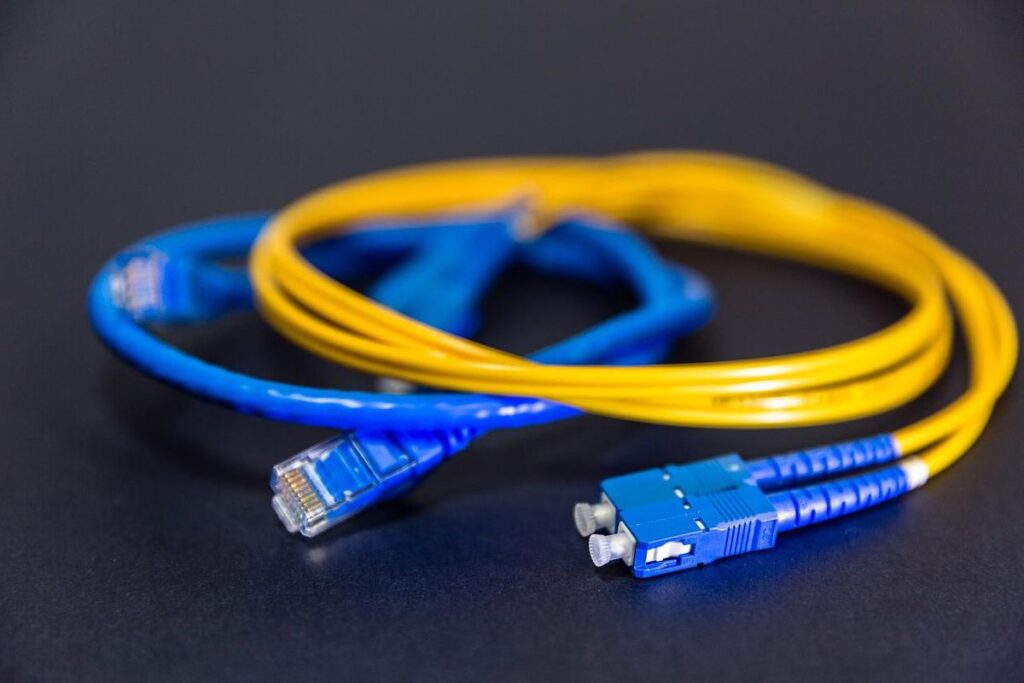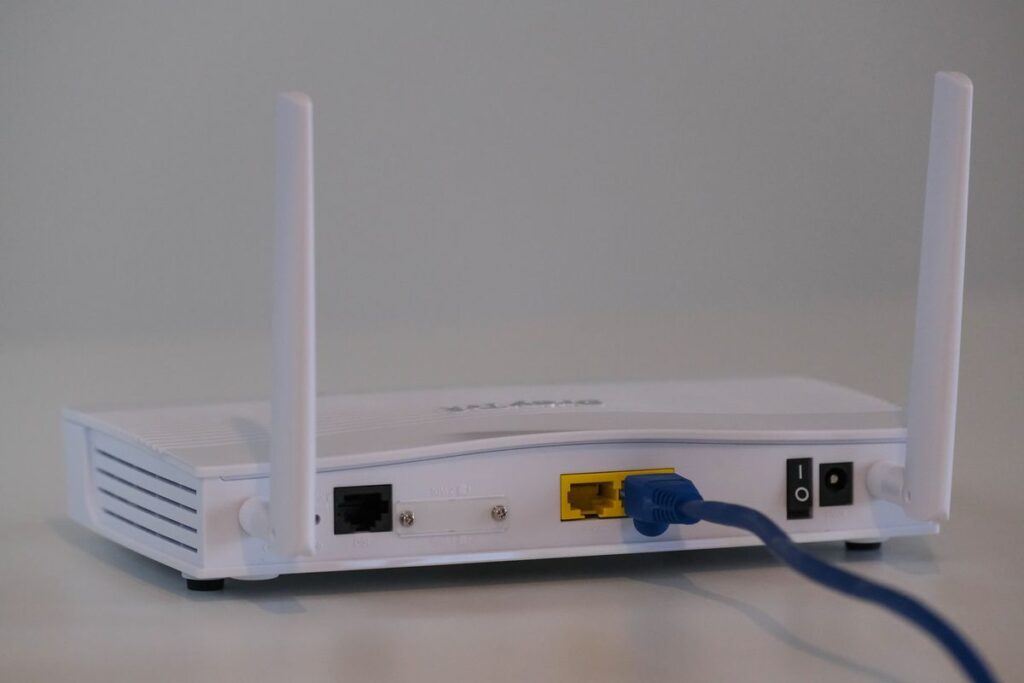Latency is a measure of how long it takes for packets of data to travel from point A to point B. Latency is usually measured in milliseconds, and the lower the better. If you’re seeing latency times in seconds or minutes, then your connection might be running slow.
What is Latency?
Latency is the time it takes for a signal to travel from its source to its destination. In networking, latency is measured as the round-trip time (RTT) – the time it takes for a signal to travel from its source to its destination and back again.
Latency can be affected by a number of factors, including physical distance, network congestion, and the type of equipment being used. For example, satellite signals have to travel a long distance and often pass through several layers of the atmosphere, which can cause significant delays.
In general, lower latency is better because it results in faster communication. However, there are some applications where high latency can be beneficial, such as streaming video or audio where a slight delay is not noticeable.
Is Latency Slowing Down Your Broadband?
If you’re like most people, you probably think of latency as the time it takes for a packet of data to travel from your computer to a remote server and back again. And that’s true, but there’s more to it than that.
Latency is also the time it takes for your computer to receive a response from a server after you’ve sent a request. The higher the latency, the longer it takes for your request to be processed.
This can be a problem if you’re trying to do something that requires real-time communication, like gaming or video conferencing. Even a small amount of latency can make these activities very difficult, if not impossible.
Fortunately, there are ways to reduce latency. One is to use a VPN, which can help route traffic around congested areas. Another is to upgrade your Internet connection to one with lower latency.
If you’re concerned about latency, there are steps you can take to improve your experience. Talk to your ISP about upgrading your connection, and try using a VPN to get around congestion.
Why Does Latency Matter?
Latency is the time it takes for a packet of data to travel from its source to its destination. It’s important because it directly affects how responsive your internet connection is. The lower the latency, the more responsive it will be. This is especially important for real-time applications like gaming and VoIP.
How to Test for Latency
The best way to test for latency is to use a tool like Pingdom. This will allow you to see how long it takes for your website to load from various locations around the world. If you’re seeing high latency from certain locations, that could be an indication of a problem.
How to Fix High Latency
If you’re experiencing high latency, there are a few things you can do to try and fix the issue. First, check your internet connection and make sure you’re not experiencing any sort of outage or slow speeds. If everything looks good on your end, the next step is to contact your ISP and see if they are aware of any issues in your area.
If you’re still having trouble, there are a few things you can do to try and improve your latency. One is to clear your DNS cache, which can help resolve any issues with DNS servers. Another is to change your MTU settings, which can sometimes help improve latency. Finally, if you’re on a wireless connection, try switching to a wired connection if possible.
Hopefully, these tips help you reduce or eliminate high latency from your internet experience!



